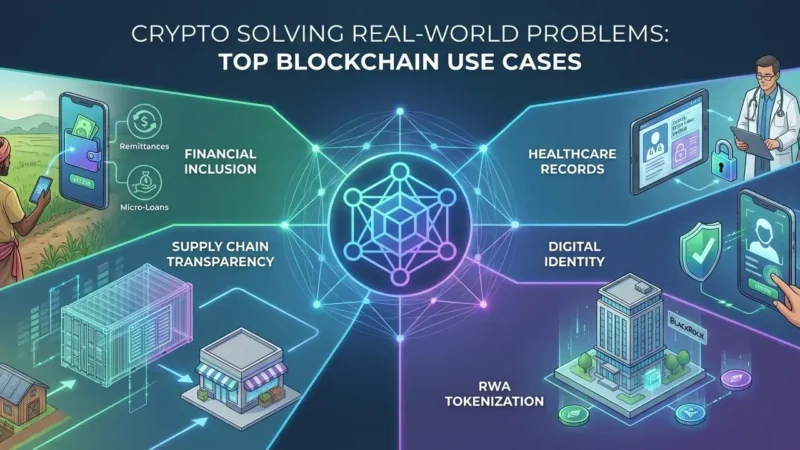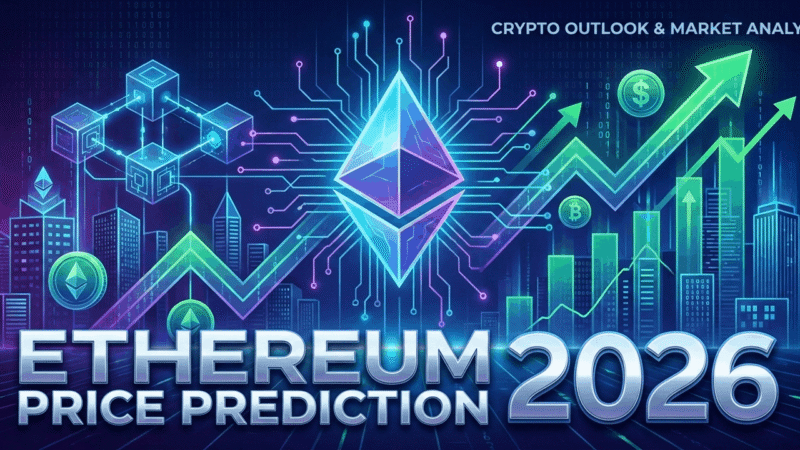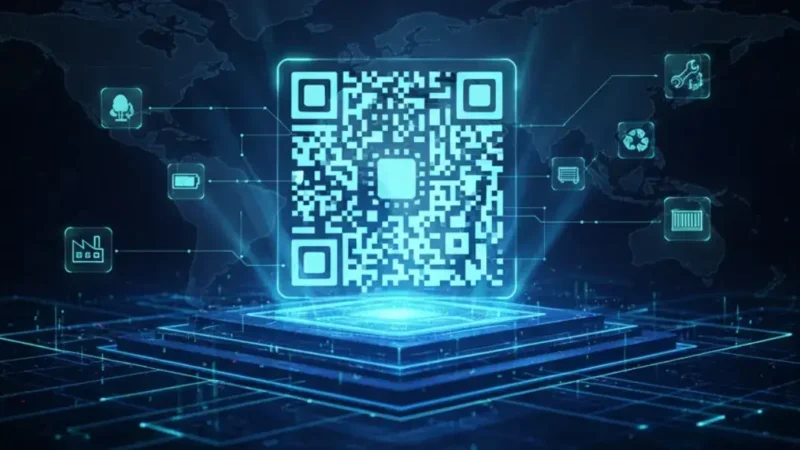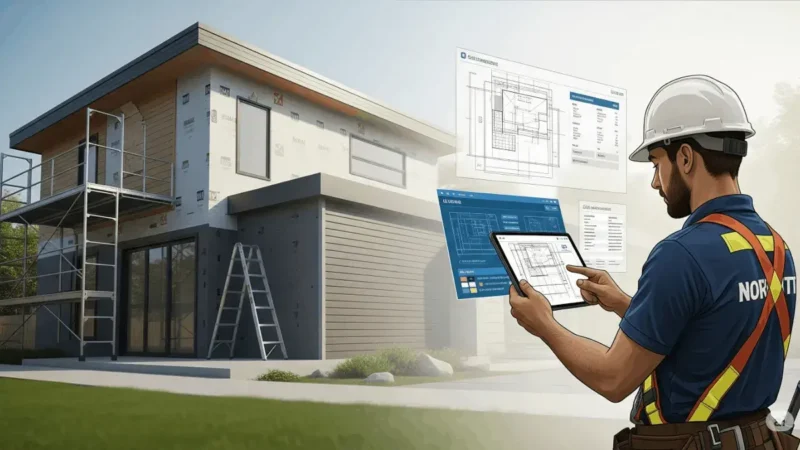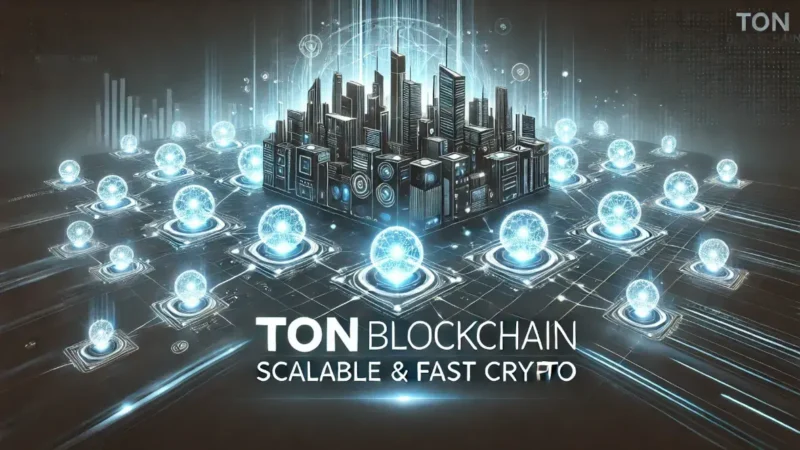Understanding Tokenization of Floor Heating Systems
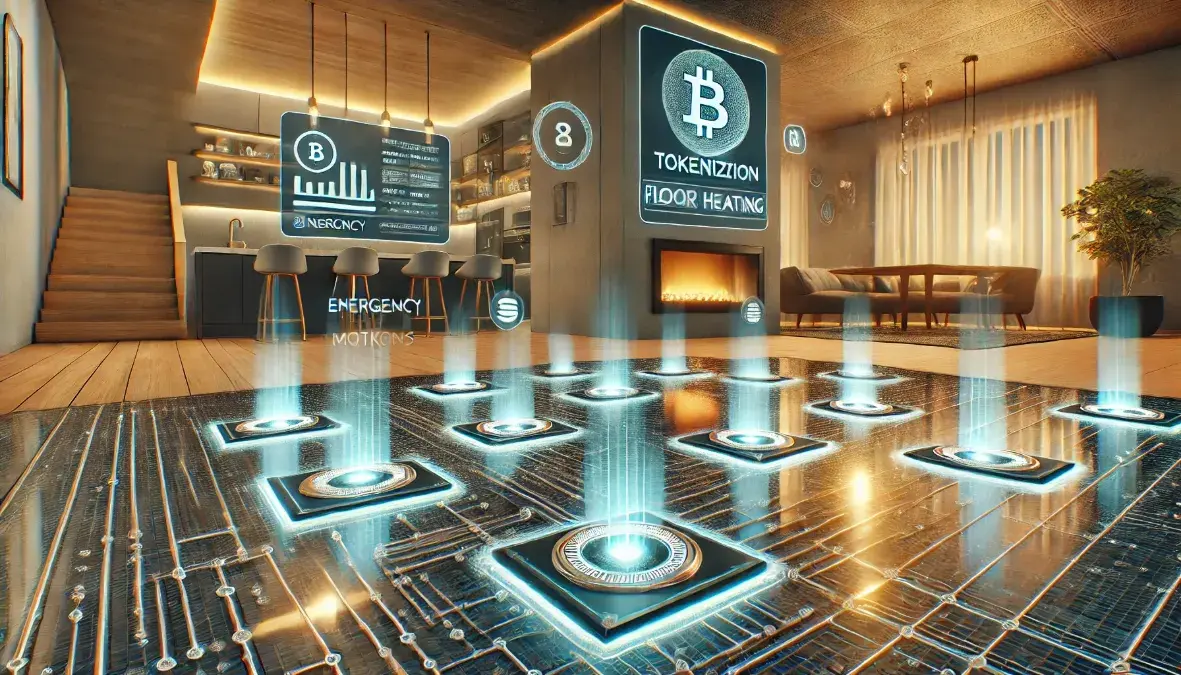
Introduction to Tokenization
Tokenization is a process that involves converting rights to an asset into a digital token on a blockchain. In the context of floor heating system, tokenization refers to the application of this concept to enhance the efficiency and security of smart home technologies. As modern homes become increasingly automated, the integration of tokenized systems presents an opportunity to revolutionize the management and operation of heating solutions.
With the rise of smart home environments, tokenization plays a crucial role in enabling seamless communication between various devices. This technology facilitates the creation of a decentralized network where participants can interact without the need for a central authority. For floor heating system, this means that information about temperature settings, energy consumption, and maintenance requirements can be securely shared in real time among devices, users, and service providers. The use of tokenization can streamline processes such as scheduling, diagnostics, and energy management, ultimately leading to enhanced user experiences and operational efficiencies.
Moreover, the integration of blockchain technology with floor heating systems ensures that data remains secure and immutable. Each token created represents a specific action or piece of information within the system, such as ownership rights or energy usage records. This not only improves accountability but also enhances trust among users and service providers. In addition, the decentralized nature of blockchain reduces the risks of system failures or malicious attacks, providing a robust environment for smart home technologies.
As smart home solutions continue to evolve, the relevance of tokenization alongside blockchain technology becomes increasingly apparent. It can facilitate smoother interactions between users and their heating systems, paving the way for advanced features and functionalities that enhance the overall living experience.
Benefits of Tokenizing Floor Heating Systems
The tokenization of floor heating systems presents numerous advantages that can significantly improve both functionality and user experience. By integrating tokenization, these systems enhance energy efficiency, allowing for optimized heating schedules that align with specific usage patterns. This optimization can lead to considerable cost savings for homeowners, as the systems can adjust to heating demands, thus reducing energy consumption and lowering utility bills.
Furthermore, tokenization empowers homeowners with increased control over heating settings through smart devices. With the rise of smart technology, residents can monitor and adjust their floor heating systems remotely, facilitating a more personalized and convenient approach to home heating. This level of control can be particularly beneficial in maintaining comfortable living conditions while ensuring that energy is not wasted during times when spaces are unoccupied.
Security is another critical aspect improved by tokenizing floor heating system. The implementation of tokenization provides a robust mechanism that secures access against unauthorized attempts. By ensuring that only recognized users have control over the system, homeowners can have peace of mind knowing that their heating systems are safeguarded from potential intrusions or manipulation.
Real-world examples demonstrate the practical benefits of tokenization in floor heating systems. For instance, commercial buildings that have adopted this technology report enhanced energy management, resulting in a significant reduction in operational costs. Similarly, individual homeowners have shared positive experiences, highlighting lower energy bills and the convenience of transforming their heating settings via mobile applications. As tokenization continues to evolve, its impact on floor heating systems reveals a promising pathway for sustainable and secure home heating solutions.
Challenges in Implementing Tokenization
Implementing tokenization in floor heating systems presents several challenges that may impede its effectiveness. First and foremost, technological limitations are a significant barrier. The current infrastructure in many existing heating systems may not be compatible with advanced tokenization technologies. Overhauling or retrofitting established systems can be both complex and costly, which leads to hesitation among stakeholders to invest in upgrading their technology. Without a clear plan for integration, many systems may remain underutilized, jeopardizing the full benefits of tokenization.
Another challenge lies in ensuring interoperability between devices produced by different manufacturers. Tokenization requires seamless communication between various components of a floor heating system, including sensors, thermostats, and control units. However, because devices often come from different brands, discrepancies in communication protocols can cause reliability issues. To counter this, establishing industry standards and promoting open-source platforms can facilitate more straightforward integration. This collaborative approach is essential to creating a cohesive ecosystem where various devices can work effectively together.
Consumer education also plays a crucial role in the uptake of tokenization. Many users are unaware of the benefits associated with tokenization, such as energy savings and enhanced control of heating environments. Educational initiatives, including workshops and online resources, can demystify the concept of tokenization and illustrate its advantages, encouraging consumer engagement and acceptance. Furthermore, initial investment costs can deter property owners from adopting tokenization in floor heating systems. To overcome this challenge, stakeholders could explore financing options, rebates, or incentives that lower upfront costs, making the transition more accessible for consumers.
Despite these obstacles, the ongoing collaboration between industry professionals and technological innovations promises to pave the way for a smoother implementation of tokenization in floor heating systems.
Future Trends and Innovations
As the world increasingly shifts toward smarter living environments, the tokenization of floor heating system stands at the forefront of technological advancements. The advent of the Internet of Things (IoT) has revolutionized how heating systems operate, allowing for real-time monitoring and control. IoT-enabled devices can now communicate seamlessly, collecting data that enhances system efficiency and user experiences. This integration of tokenization and IoT technology not only optimizes performance but also contributes to energy conservation, which is becoming paramount in today’s eco-conscious society.
Moreover, the incorporation of Artificial Intelligence (AI) and machine learning into the floor heating systems is set to redefine how homeowners interact with their heating solutions. AI algorithms can analyze user behavior and environmental factors, enabling systems to adapt to varying conditions and preferences automatically. This predictive capability reduces energy wastage and ensures optimal heating levels are maintained throughout the day. Such integration represents a significant innovation, facilitating unprecedented customization for energy consumption.
An emerging trend is the potential for tokenization mechanisms to integrate seamlessly with renewable energy sources. By tokenizing energy consumption data, these systems can facilitate the use of solar, wind, and other renewable energy sources, allowing homeowners to easily monitor and adjust their energy usage based on real-time availability. This approach not only enhances sustainability but also empowers consumers, giving them greater control over their energy consumption choices and costs.
Stay informed, read the latest crypto news in real time!
Furthermore, the implications for both homeowners and the heating industry are substantial. Homeowners can expect greater efficiency and a reduction in energy bills, while the industry may experience a shift toward more personalized and responsive service offerings. As these innovations continue to unfold, the future of tokenization in floor heating systems promises to revolutionize how we experience home heating, making it smarter, more efficient, and environmentally friendly.

